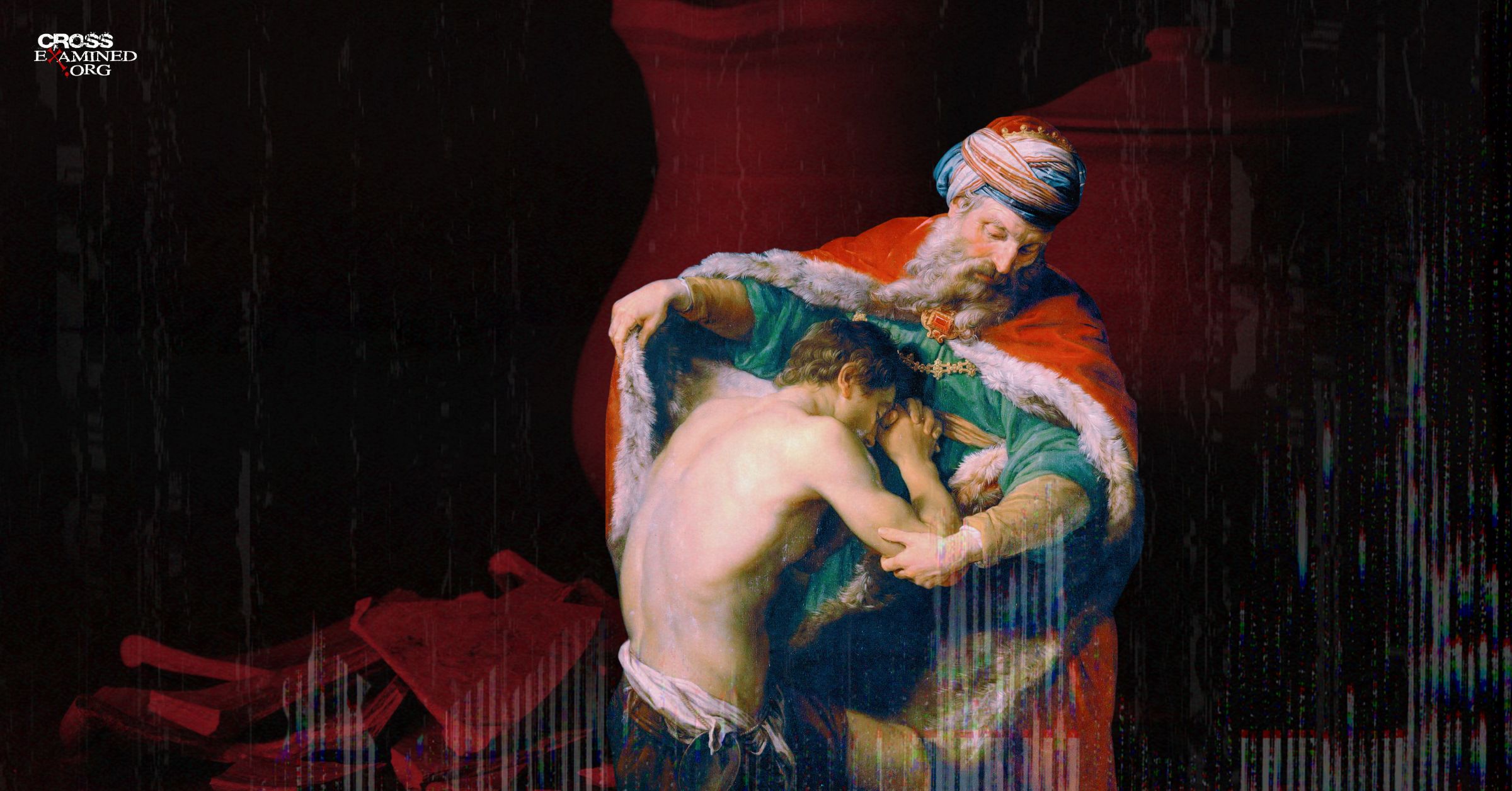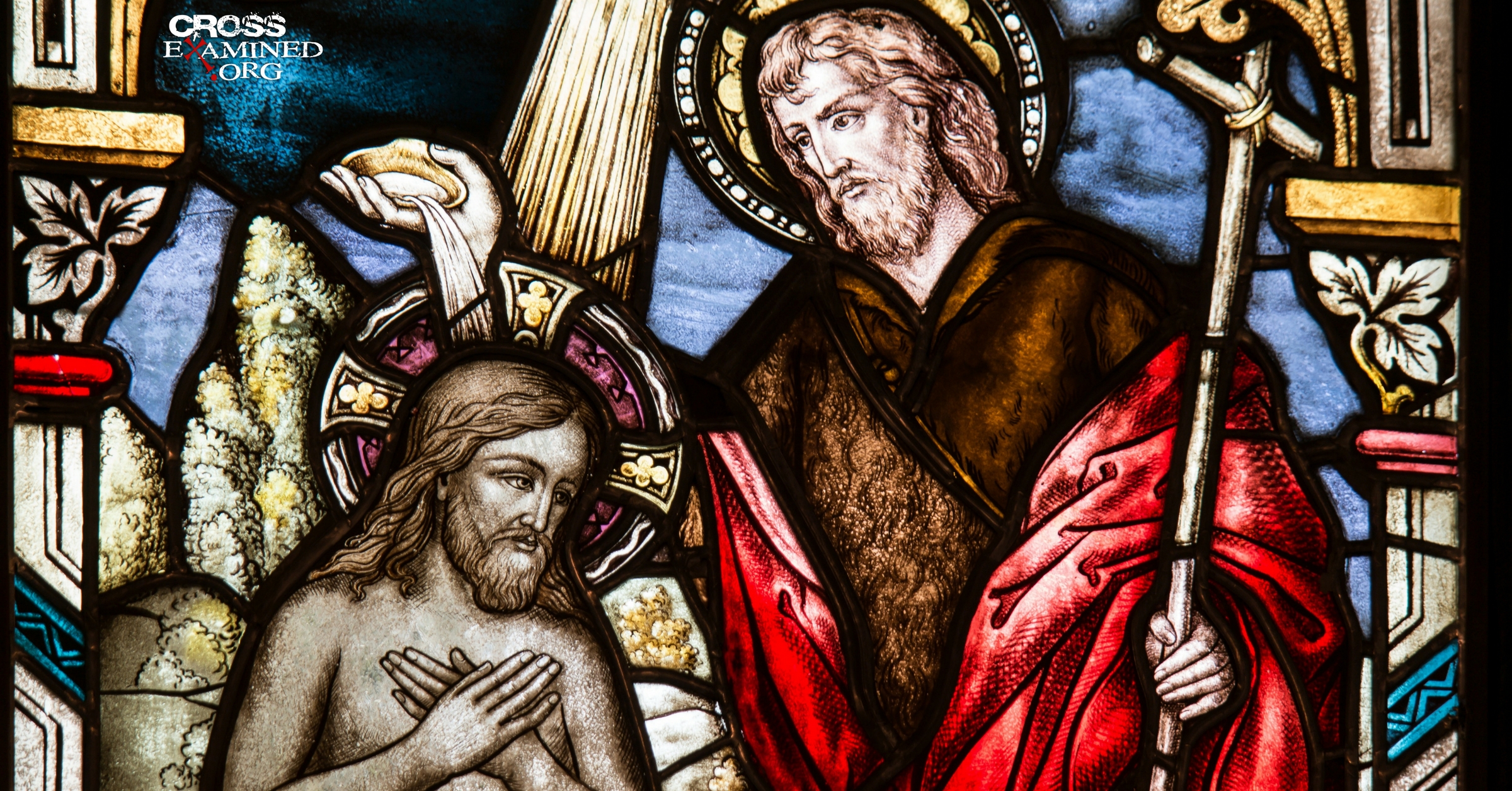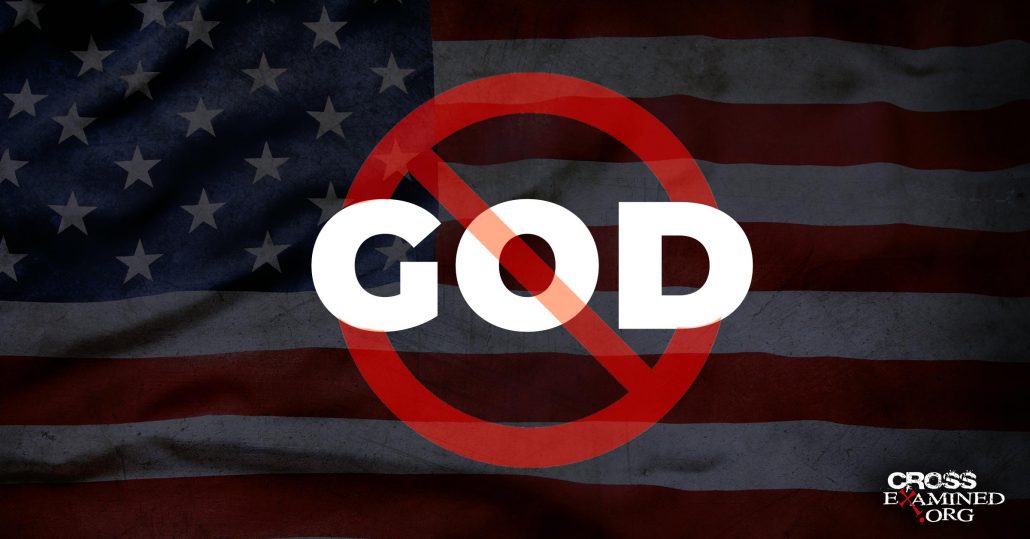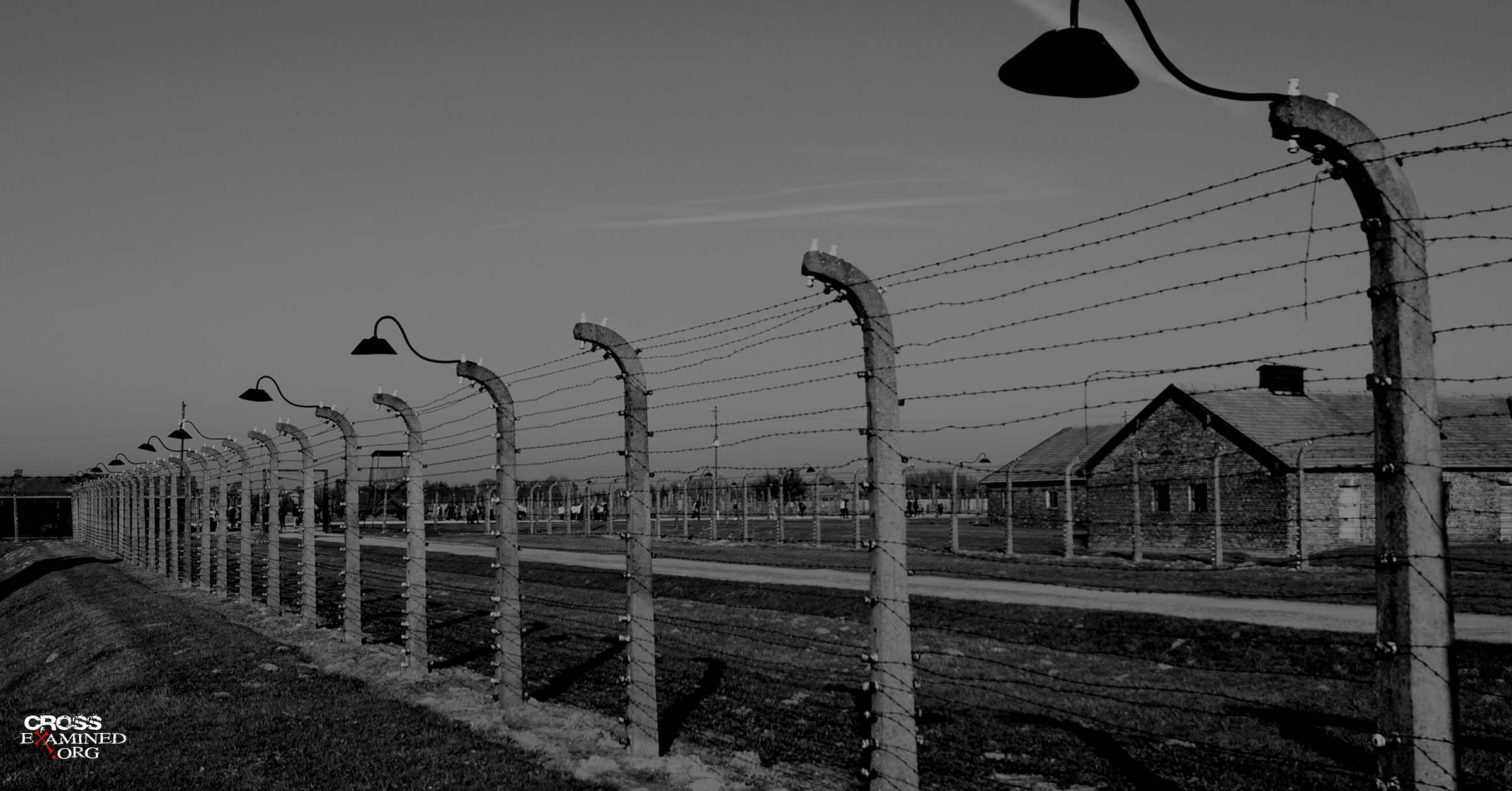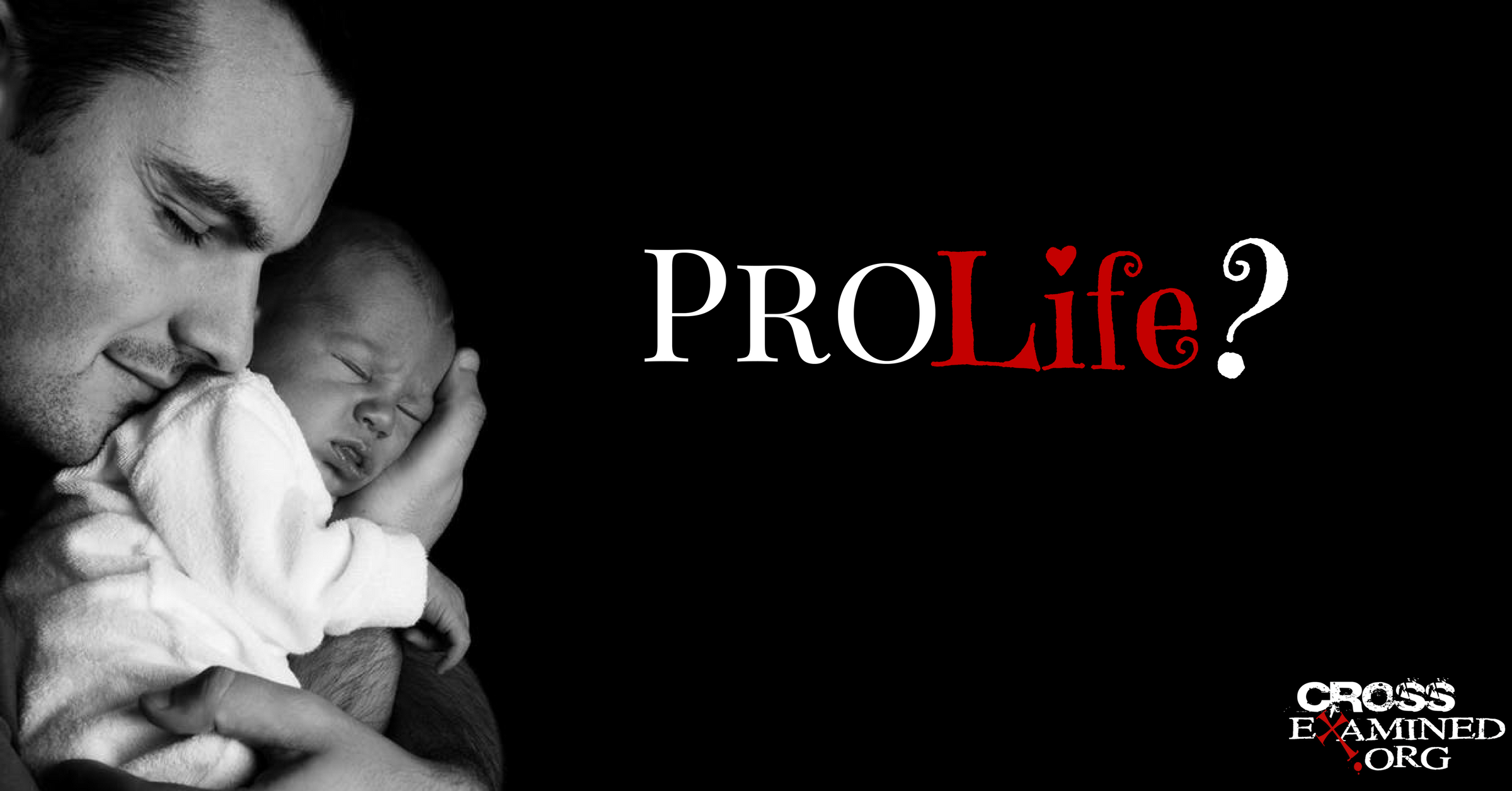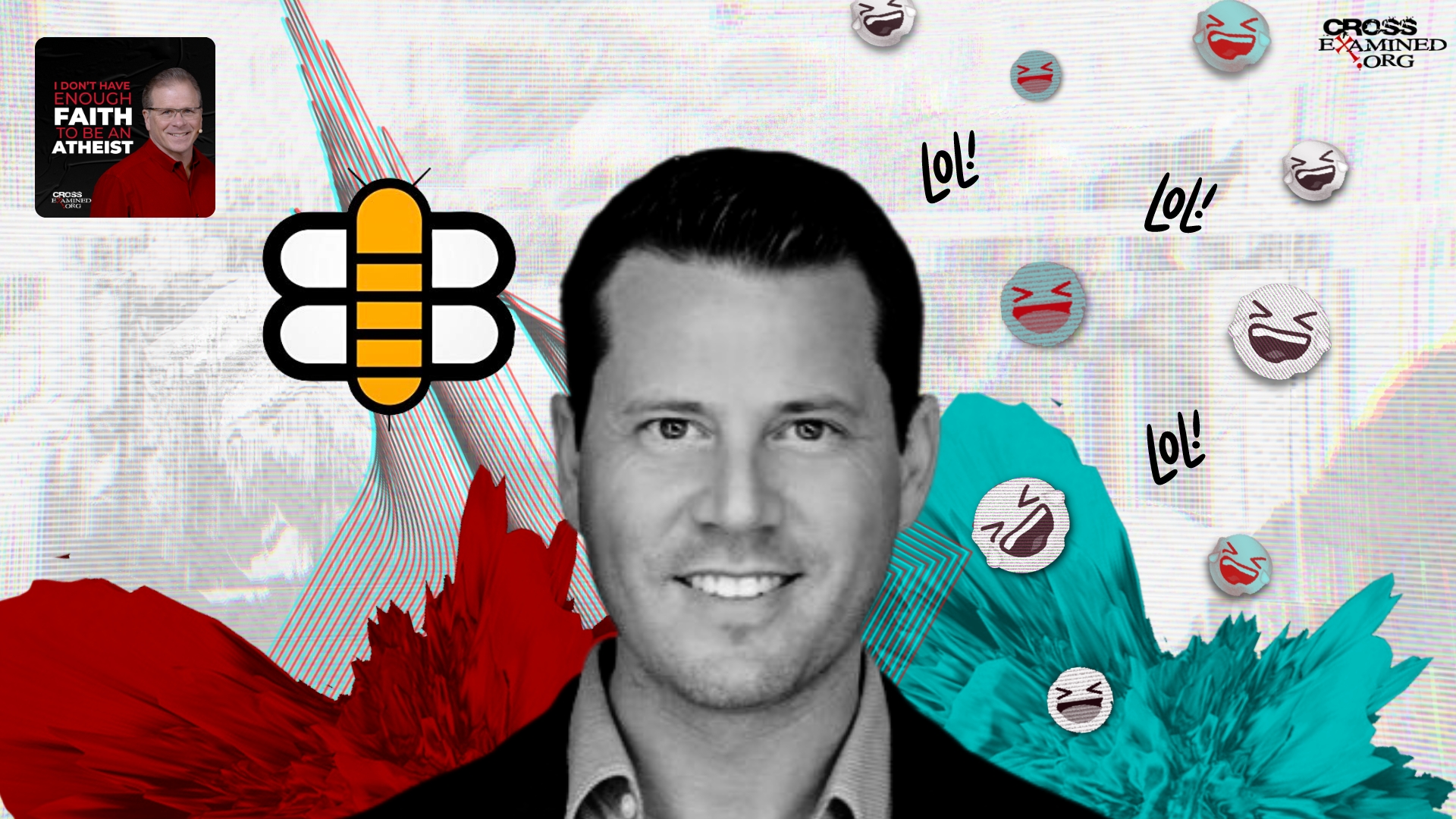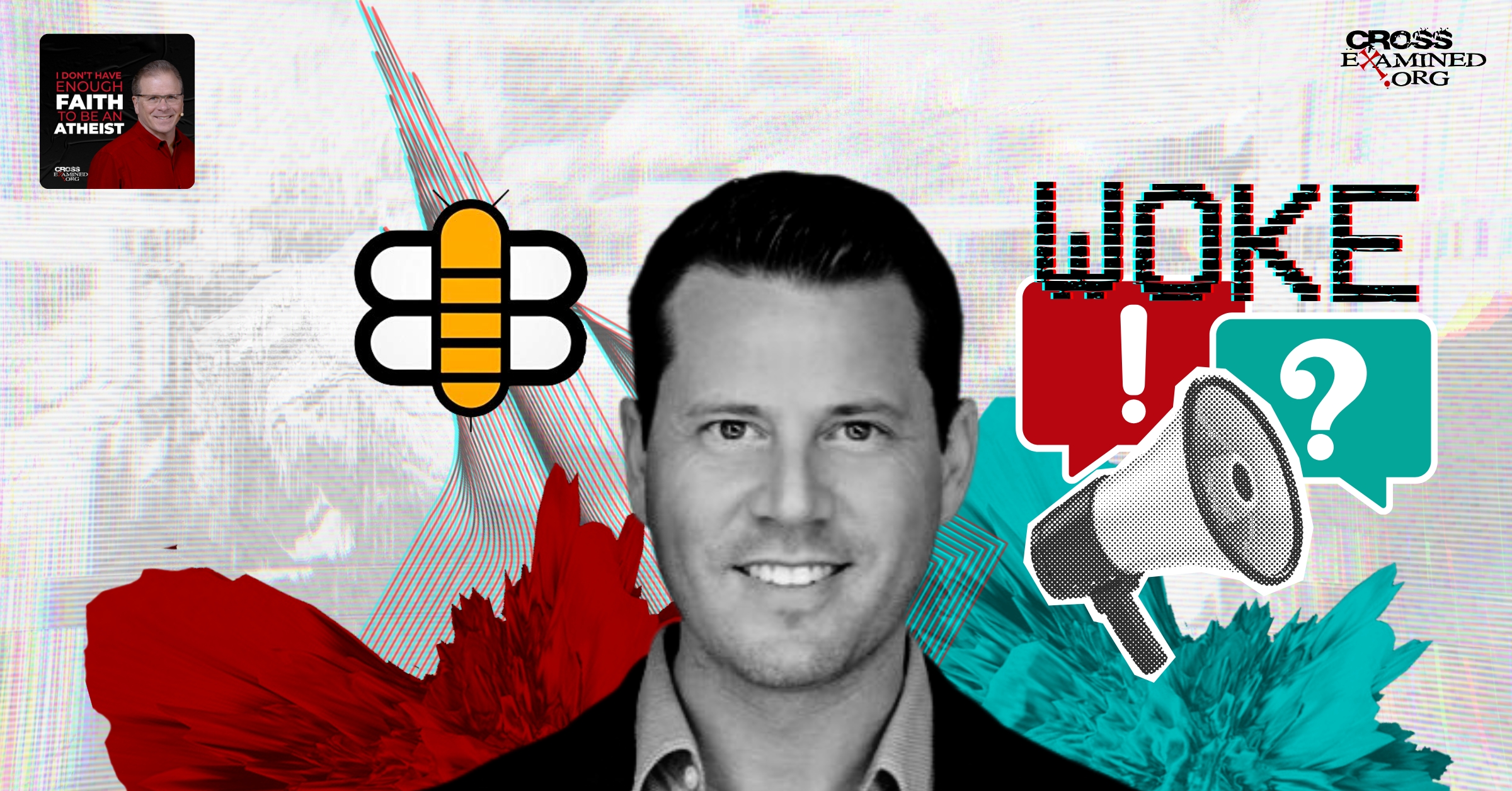Ever Heard of the Kezazah Ceremony?
We’ve all heard the story of the prodigal son in Luke 15. The boy cashes in early on his inheritance only to squander it all away. Eventually he comes to his senses and returns home. And yet, what we read is the shocking celebration of grace personified through the father’s response. In the distance, this long awaiting father, captures a glimpse of his broken son. The son left in a rich man’s clothes. Now he returns in rags. He left with his chin in the air, prideful and arrogant. Now his head is hanging down in sorrow and shame. He left rejecting his father. Basically, wishing him dead, for the sake of receiving an early inheritance. And now, when he sees his son returning, what does the father feel? Compassion.
The root of this word compassion literally means “innards.” What the father felt, he felt so deeply that even his innards, his intestines, registered it. He agonizes on the inside at what has become of his son. He’s viscerally moved not with anger, but shockingly, compassion. We’d understand if the father stuck his head out the door and yelled to shame him, “You sure you want to come back here, boy?” But no. The father is stirred in his innards with compassion.
The Kezazah Ceremony
According to Kenneth E. Bailey, author of The Cross & The Prodigal, explains how on returning home, the prodigal son likely faced the prospect of something called the Kezazah ceremony. The Kezazah was a ceremony that a Jewish village would have in exactly this situation: someone had left home, rejected the community’s principles, lost all his or her possessions to the gentiles, and then returned. The villagers would break pottery at the feet of the individual, symbolizing that they were no longer in community with the returning person. They were breaking relations with him. It was a way of shaming the individual, of making him feel completely empty. Importantly, the ceremony would take place on the outskirts of the village before the individual could make his way back home.
A Running Embrace?
With this picture in mind, look what happens when the father sees his son. “But while he was still a long way off, his father saw him and felt compassion, and ran and embraced him and kissed him” (Luke 15:20, NIV.) He doesn’t just run. He races. That’s what the word means there. Why is this significant? Because an older man in this Middle Eastern culture, especially the head of a wealthy household, would never run. To do so would be shockingly undignified. To run, a man would have to take the long robe that he was wearing and tie it up above the knees. His legs would be exposed, making him look utterly shameful. Even today in the Middle East men will not expose their legs this way. But here is this father figure, this royal figure, who takes his robe and ties it up, and he runs through the village to the outskirts, exposing the nakedness of his legs and shames himself for the sake of gracing his son.
Editor’s Note: From an apologetics standpoint, this Kezazah ceremony is remarkable. It’s a known feature of ancient Judaism, tracing back to the Talmud (Ketubot 28b). In the story of the Prodigal Son, this insight gives one more line of historical evidence testifying to the historicity of the Gospels, the teaching value of this story, and the Jewish cultural context for interpreting the Bible. – John Ferrer
Why Did His Father Run?
And why would the father risk his reputation by running to his son? To protect him from the Kezazah Ceremony! He runs to get to the son before the rest of the community gets to him. He wants to protect him from the broken pottery, the rejection, and the statement by the community that it has broken relations with the son. He wants to show his son that he is not rejected, that the father will heal the son’s shame, and that he can return home. On reaching his son, the father “embraced him and kissed him” (Luke 15:20b). In unimaginable grace he embraces and kisses his son. He doesn’t care that the son smells like pig manure. He throws his arms around him and welcomes him home.
Perhaps like this runaway, you’ve been a bit of a prodigal yourself lately. If so, don’t you think it’s time to come to your senses? Return home, my friend, because a compassionate Father awaits you. While many churches are happy to further shame the sinner through their own version of the Kezazah ceremony, we can rejoice knowing the heartbeat of God is for His church to be a healing center, not a shaming center.
Other Recommended Resources On This Topic
How Can Jesus Be the Only Way? (mp4 Download) by Frank Turek
I Don’t Have Enough Faith to Be an Atheist (Paperback), and (Sermon) by Norman Geisler and Frank Turek
Was Jesus Intolerant? (DVD) and (Mp4 Download) by Dr. Frank Turek
Jesus vs. The Culture by Dr. Frank Turek DVD, Mp4 Download, and Mp3
Person of Interest: Why Jesus Still Matters in a World that Rejects the Bible by J. Warner Wallace (Paperback), (Investigator’s Guide).
Bobby serves as lead pastor of Image Church in Charlotte, North Carolina, and is well known for his YouTube ministry called, One Minute Apologist, which now goes by the name Christianity Still Makes Sense. He also serves as the Co-Host of Pastors’ Perspective, a nationally syndicated call-in radio show on KWVE in Southern California. Bobby earned his Master of Theology degree from Dallas Theological Seminary, his Doctor of Ministry in Apologetics from Southern Evangelical Seminary, and his Ph.D. in Philosophy of Religion from the University of Birmingham (England) where he was supervised under David Cheetham and Yujin Nagasawa. Bobby’s also written several books including: The Fifth Gospel, Doubting Toward Faith, Does God Exist, and Fifty-One other Questions About God and the Bible and the forthcoming Christianity Still Makes Sense to be published by Tyndale in April 2024. He’s married to his lovely wife Heather and together they have two grown kids: Haley and Dawson.

